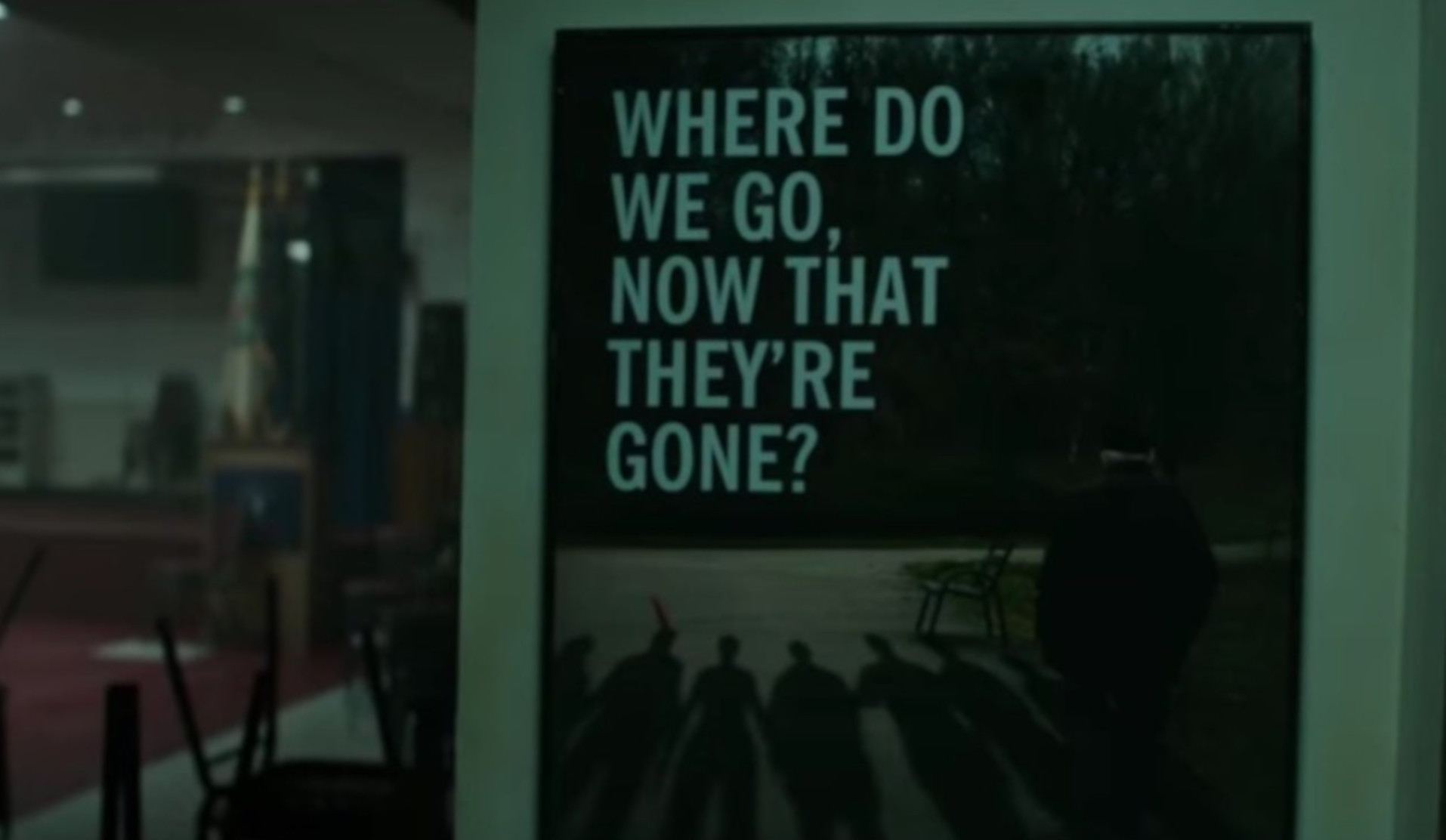Fair warning: mild spoilers for Endgame. Very mild. I promise.
2019 is a momentous year for Marvel: Captain Marvel (Brie Larson) became the first female superhero in the Marvel Cinematic Universe to headline a movie solo, the release of Avengers: Endgame drew “phase three” of the MCU to a close after 21 movies, and we (finally) got to see a canonically gay character in the MCU.
Early on into Endgame, Steve Rogers (Chris Evans in civvies and not his Captain America getup) is leading a support group for survivors of The Snapture (TM NPR’s Glen Weldon), the destruction of half of all life in the universe at the hands of Thanos that concluded Avengers: Infinity War. At the meeting, one man (co-director Joe Russo, billed as “grieving man”) speaks about his grief and describes his efforts at starting over by going on a date, casually throwing in the pronoun “he”.
And… that’s it. Not only is the (male) date not named, the speaking character himself is completely unnamed and anonymous.
Now, I will admit that our queer, ride-or-die Marvel fan daughter absolutely loved this scene and squealed with delight over a gay character being in a Marvel movie. But I have to co-sign all the thinkpieces that have already been and will be written and published explaining how insulting it is that after 22 movies over 11 years, the first gay character doesn’t even warrant a name.
It’s the barest minimum of representation. And adding to the insult is how much Marvel is being lauded for this, when it smacks of very little effort on their part. I mean, how hard would it have been for the writers to pen a sentence for Steve Rogers along the lines of “Dave, thanks for sharing with us.”
Anyway. Endgame is still a good movie, and a must-see if Marvel is your thing. Just don’t expect much from the overly-publicized “groundbreaking” LGBTQ inclusion. Meanwhile, I will continue to ship Carol Danvers/Captain Marvel and Maria Rambeau (Lashana Lynch), and hope for more and better LGBTQ representation in “phase 4” of the MCU.
